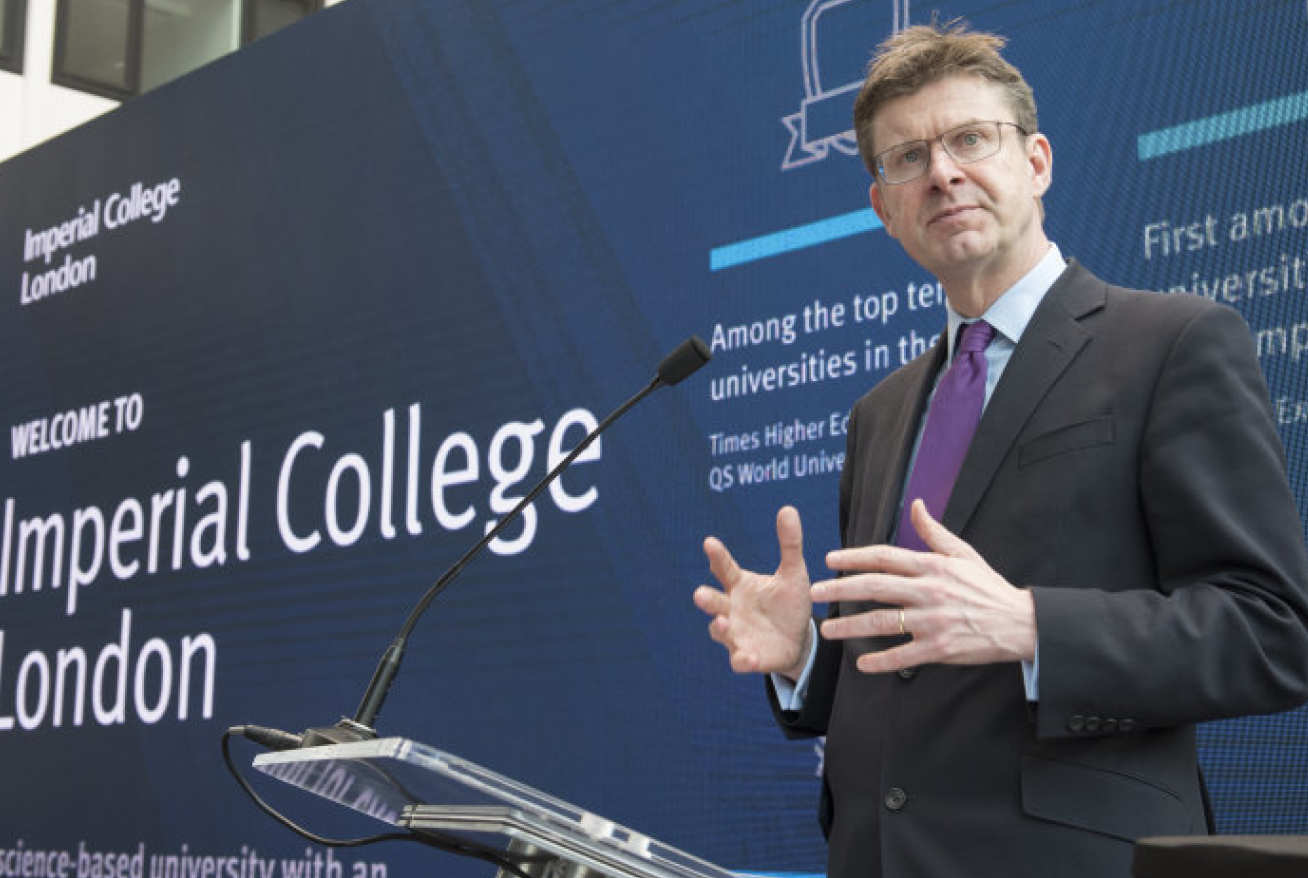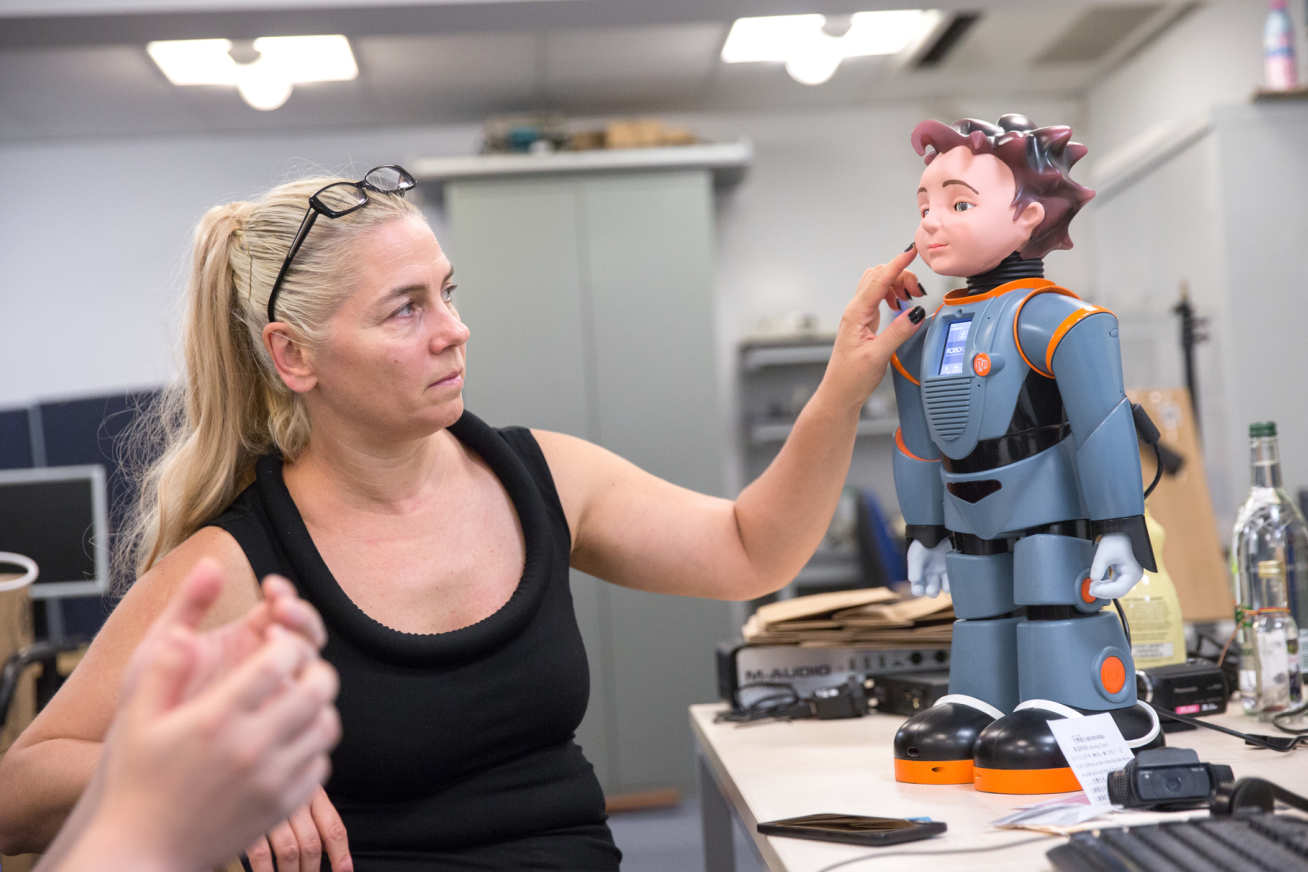Vice Provost joins UK Government’s AI Council

Professor Nick Jennings
Professor Nick Jennings, Imperial’s Vice Provost (Research and Enterprise), has been appointed to the UK’s Artificial Intelligence Council.
The independent expert committee, appointed by the UK Government, has been created to boost the development the UK’s AI sector and promote the adoption and ethical use of AI technologies across the UK economy.
Professor Nick Jennings, who is also Professor of Artificial Intelligence at Imperial, is a world-leading authority in artificial intelligence, autonomous systems, cybersecurity and agent-based computing.
On the Council he joins leading experts from industry, academia and data rights organisations, including Ocado’s Chief Technology Officer, Paul Clarke; Member of the Independent Commission on Freedom of Information, Dame Patricia Hodgson and Alan Turing Institute Chief Executive, Professor Adrian Smith.
Global leader

The news comes as the Government marks the first anniversary of the AI Sector Deal, which was launched at Imperial last year. The £1bn deal includes funding 1,000 new government AI PhDs, and aims to boost the UK’s global position as a leader in developing AI technologies.
The Government’s Industrial Strategy identifies Artificial Intelligence and data as one of its four Grand Challenges. Imperial has played a leading role in delivering the strategy since it was launched in 2017.
Leading the AI revolution
Imperial is a world-leading centre in AI and machine learning with more than 600 people working with and developing artificial intelligence. Imperial academics are harnessing the potential of AI to speed up diagnosis for patients with conditions such as dementia, heart failure and cancer.

Professor Maja Pantic is developing a robot which can improve learning and emotional understanding in children with autism. Her team have combined a range of audio, visual, facial recognition and artificial intelligence technologies to allow an off-the-shelf robot called Zeno to interact in real-time with children who have autism and conduct a simple lesson. The researchers believe that robots may provide an alternative approach for teaching children how to understand and convey their emotions.
Professor Aldo Faisal is pioneering software which can understand a person’s intentions and direct a wheelchair by detecting their eye movement. The self-driving artificially intelligent wheelchair gathers information on eye movements, and an AI programme defines where the wheelchair should move to and guides it to avoid obstacles.

Leveraging knowledge
Digital Secretary, Jeremy Wright, said: “Britain is already a leading authority in AI. We are home to some of the world’s finest academic institutions, landing record levels of investment to the sector and attracting the best global tech talent, but we must not be complacent.
“Through our AI Council we will continue this momentum by leveraging the knowledge of experts from a range of sectors to provide leadership on the best use and adoption of artificial intelligence across the economy. “
Business Secretary Greg Clark said: “The use of Artificial Intelligence is becoming integral to people’s everyday lives, from companies protecting their customers from fraud to smart devices in our homes.
“The outstanding expertise of those joining our new AI Council will be invaluable as we look to develop this ever-changing industry into one that is world-leading, attracting the brightest and best to work in new highly-skilled jobs.”
Article text (excluding photos or graphics) © Imperial College London.
Photos and graphics subject to third party copyright used with permission or © Imperial College London.
Reporter
Deborah Evanson
Communications Division